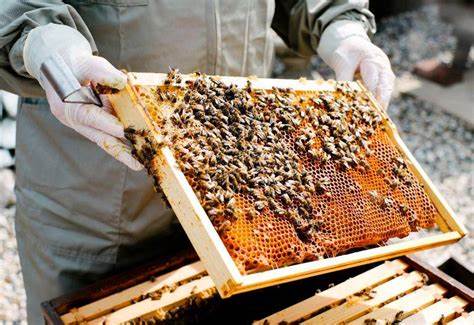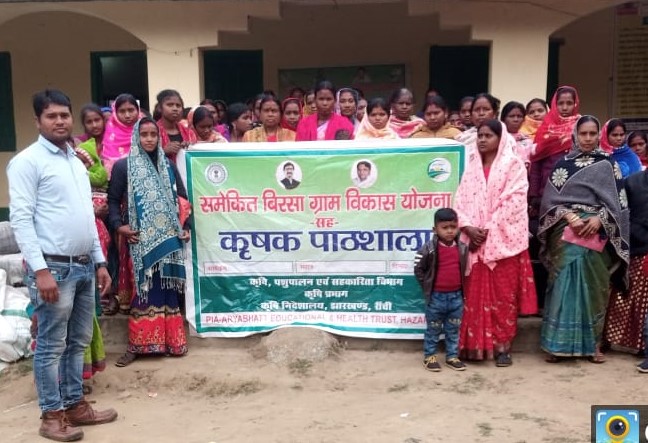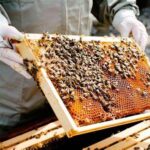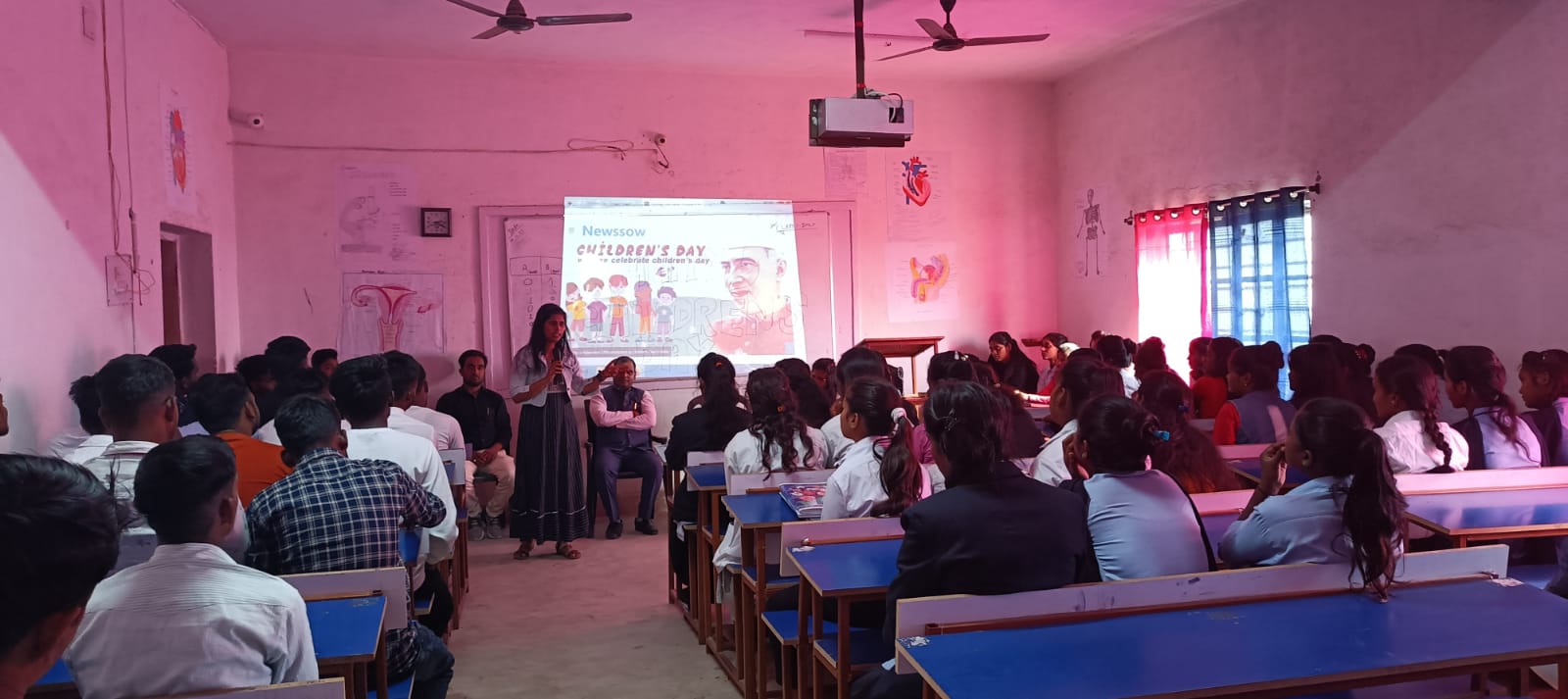
Honey Bee Keeper Yojna

The “Honey Bee Keeper Yojna” (Scheme) is a government initiative aimed at promoting beekeeping as a sustainable livelihood option and enhancing honey production in India. Beekeeping, also known as apiculture, involves the management of bee colonies to harvest honey and other bee products like beeswax, royal jelly, and propolis. This scheme focuses on empowering rural beekeepers, especially small and marginal farmers, by providing them with the necessary support, training, and resources to engage in beekeeping activities. Here are some key components and objectives of the Honey Bee Keeper Yojna:
- Training and Capacity Building: The scheme offers training programs and workshops to educate beekeepers about modern beekeeping techniques, hive management, pest and disease control, honey extraction methods, and value addition practices. These training sessions aim to enhance the skills and knowledge of beekeepers, enabling them to adopt best practices and improve productivity.
- Distribution of Bee Boxes and Equipment: Under the scheme, beekeepers receive assistance in procuring bee boxes, bee colonies, protective gear, and other essential equipment required for beekeeping operations. By providing access to quality beekeeping equipment, the scheme aims to facilitate the establishment and expansion of beekeeping enterprises across rural areas.
- Technical Support and Extension Services: The scheme offers technical guidance and extension services to beekeepers through government agencies, agricultural departments, and beekeeping experts. Beekeepers can seek advice on hive management, disease diagnosis, bee health, and market linkages to optimize their beekeeping operations and maximize returns.
- Financial Assistance and Subsidies: To incentivize beekeeping adoption, the scheme provides financial support in the form of subsidies, grants, and loans for setting up beekeeping units, purchasing bee colonies, constructing apiaries, and acquiring honey extraction machinery. These financial incentives aim to reduce the initial investment burden on beekeepers and promote the expansion of beekeeping activities.
- Market Promotion and Value Chain Development: The scheme focuses on promoting market linkages for honey and other bee products by facilitating collaboration between beekeepers, honey cooperatives, traders, retailers, and exporters. Efforts are made to enhance the market visibility of locally produced honey, improve packaging and branding standards, and explore export opportunities to fetch better prices for beekeepers.
- Awareness Campaigns and Advocacy: The scheme conducts awareness campaigns, seminars, and outreach activities to highlight the importance of beekeeping in agriculture, biodiversity conservation, and rural livelihoods. Advocacy efforts are made to create a conducive policy environment, address regulatory barriers, and promote sustainable beekeeping practices nationwide.
Overall, the Honey Bee Keeper Yojna plays a vital role in empowering rural communities, generating employment opportunities, boosting agricultural productivity through pollination services, and contributing to the conservation of pollinator species and ecosystem health. By harnessing the potential of beekeeping, the scheme aims to foster inclusive growth, poverty alleviation, and sustainable development in rural India.






